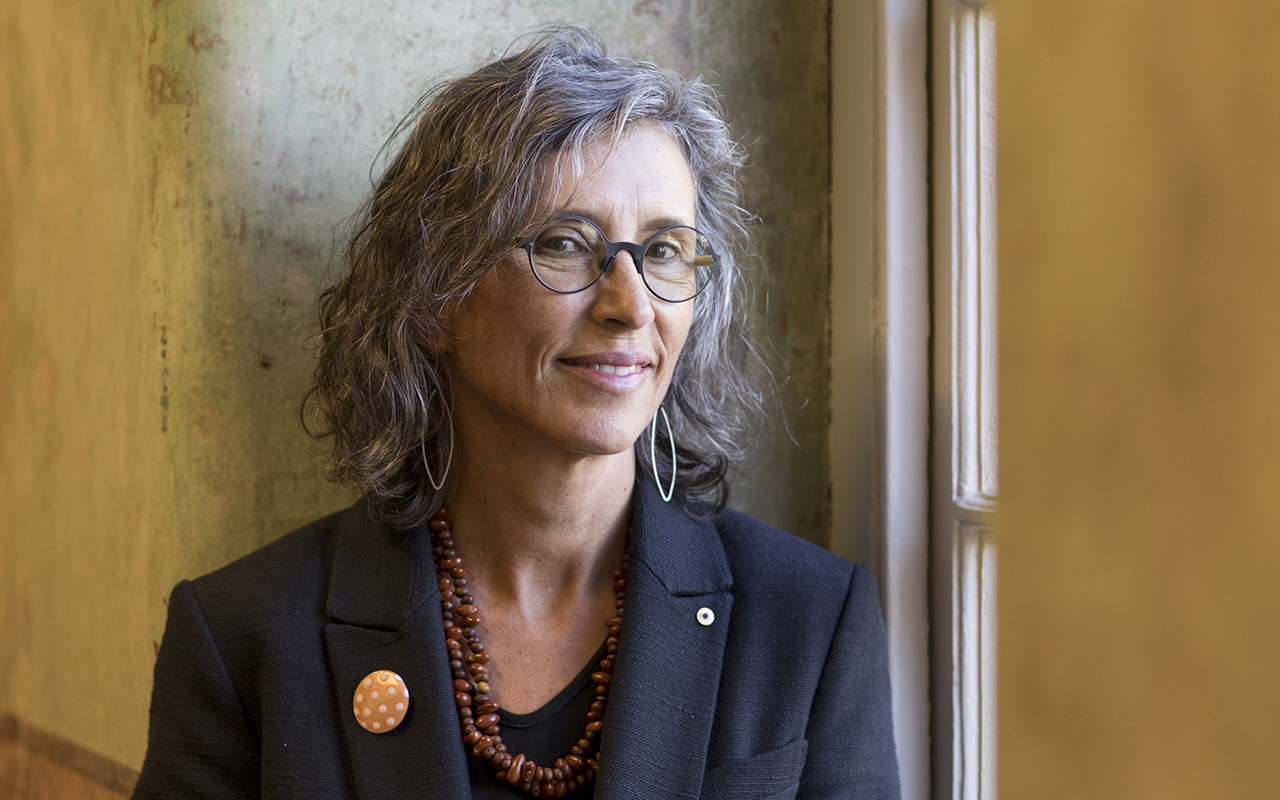We must acknowledge that health is about more than the absence of disease or sickness; it must be about an individual’s relationship to their family, their community and society.
INDIGENOUS health and medical researchers were thin on the ground when I began my career as a public health officer, later graduating as an epidemiologist.
During my training, I saw that Aboriginal communities were often the subject of research but rarely had any say in how or why research was done, how findings were disseminated, or recommendations implemented. I saw the same problem-based descriptive studies funded time and again, without much difference being made to people’s health.
Things are changing. On 29 September, Aboriginal and Torres Strait Islander researchers, students, and community members from across Australia came together at the University of Sydney’s Charles Perkins Centre for a health research showcase. Organised by the National Indigenous Researcher Capacity Building Network (IRNet) of the Australian Health Research Alliance, Sydney Health Partners and others, the IRNet National Aboriginal and Torres Strait Islander Health Research Showcase celebrated the growing number of Aboriginal and Torres Strait Islander people making an impact on health and medical research in Australia.
To enable sustained improvements in the health and wellbeing of Aboriginal and Torres Strait Islander people, it is essential that community voices are heard at every stage of research development and decision making. Historically, these views have been sought as a precursor to a grant application, or as an afterthought pre-publication.
Just 50 or so years ago, there were no Aboriginal doctors nor dedicated services for Aboriginal communities. It’s no exaggeration to say that many Aboriginal people would rather have died on the steps of the local church rather than face the embedded racism and neglect most encountered in the mainstream health system.
It was in this context that the Aboriginal Medical Service Redfern began in 1971 – the first Aboriginal community-controlled health organisation in Australia. Today it stands as the gold standard for other such services worldwide.
Back then, some thought it was radical to provide health services for the local community. But as the Aboriginal and Torres Strait Islander founders and their non-Indigenous allies knew, Aboriginal people would fare better under a service run in the community, for the community, and controlled by the community. They knew that Aboriginal people cared for through community-controlled mechanisms would be better connected with the health system overall.
Last week’s showcase highlighted some of the work being done with and by Aboriginal and Torres Strait Islander people from across Australia.
Presenters included Dr Michael Doyle, a Bardi man and Senior Research Fellow at the Centre for Research Excellence in Indigenous Health and Alcohol. He has spent his career working to improve Aboriginal health, from his early days as a health worker in his home community of Djarindjin, Western Australia, to his current research into alcohol and other drug use and treatment for Aboriginal people in the criminal justice system.
Also speaking was Dr Veronica Matthews from the University Centre for Rural Health in Lismore, a Quandamooka woman, passionate about the health of Country and the wellbeing of community. She leads the Centre for Research Excellence in Strengthening Systems for Indigenous Health Care Equity (CRE-STRIDE).
Ms Danielle Cameron, proud Yuibera woman and Research Fellow in CRE-STRIDE, discussed her work on developing, piloting and evaluating a program to improve the wellbeing of First Nations children through connecting with culture and family.
These researchers and others attending the showcase are determined to build on the work of their predecessors to change the way research is undertaken and services delivered, partnering with the community to codesign and implement holistic preventive care.
None of this is to say we have overcome the challenges facing health care in Australia. Health outcomes for Aboriginal and Torres Strait Islander people lag shamefully behind those of the rest of the country. The pandemic exacerbated existing inequities. Our communities still face discrimination and a lack of cultural care and safety in hospitals and from health care providers.
To address these issues, we must draw upon the experience, knowledge and expertise of Aboriginal and Torres Strait Islander peoples. We must support those workers already in the system and commit to increasing the number of Aboriginal and Torres Strait Islander people in the fields of health, education and research, as well as the administrative and accreditation bodies responsible for supporting and delivering care.
We must acknowledge that health is about more than the absence of disease or sickness; it must be about an individual’s relationship to their family, their community and society.
Good health encompasses self-agency, access to education, training, worthwhile work, quality food and housing, and freedom of movement. Health is about engagement with early childhood education, which continues to lifelong learning opportunities. All this and more has a massive impact on health outcomes across the generations.
There is more work to be done. But with more Aboriginal and Torres Strait Islander researchers and practitioners working for change than ever before, there are reasons to feel optimistic. We have seen what can happen when the commitment is there. The IRNet presenters and our 400-plus delegates are keen to share their knowledge and get to work.
Lisa Jackson Pulver is an epidemiologist, Professor of public health and Deputy Vice-Chancellor (Indigenous strategy and services) at the University of Sydney.
The statements or opinions expressed in this article reflect the views of the authors and do not necessarily represent the official policy of the AMA, the MJA or InSight+ unless so stated.
Subscribe to the free InSight+ weekly newsletter here. It is available to all readers, not just registered medical practitioners.
If you would like to submit an article for consideration, send a Word version to mjainsight-editor@ampco.com.au.

 more_vert
more_vert